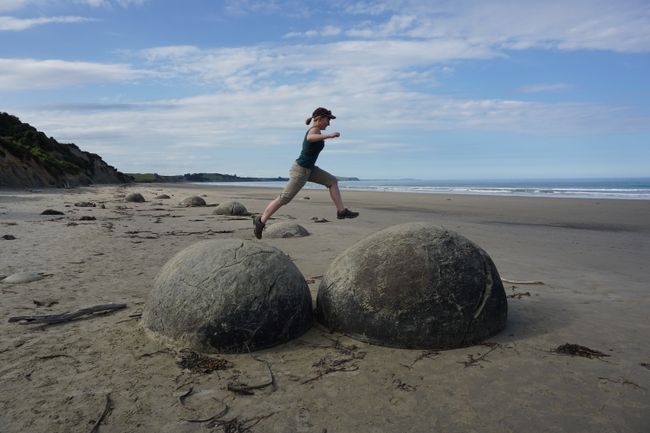11/1/2018: Escape to Takaka
Հրատարակվել է: 13.01.2018
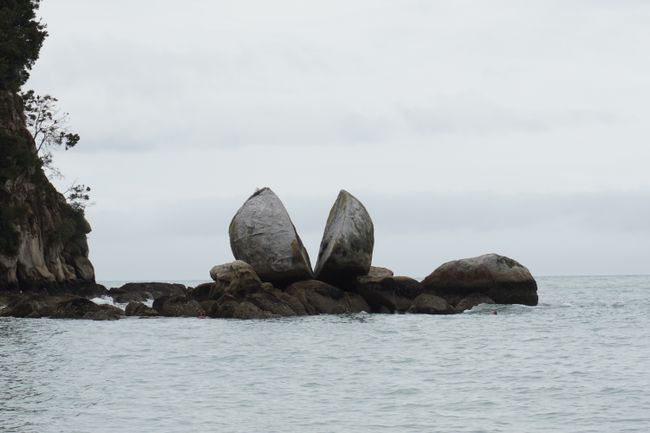
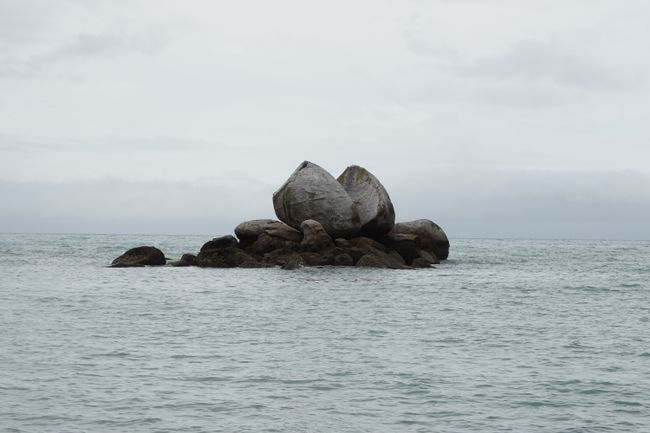
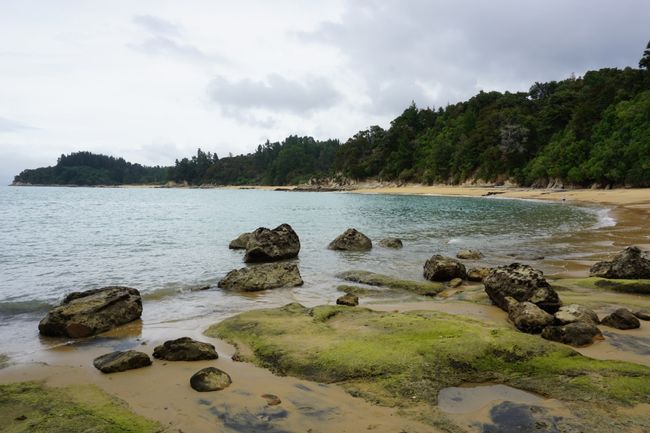
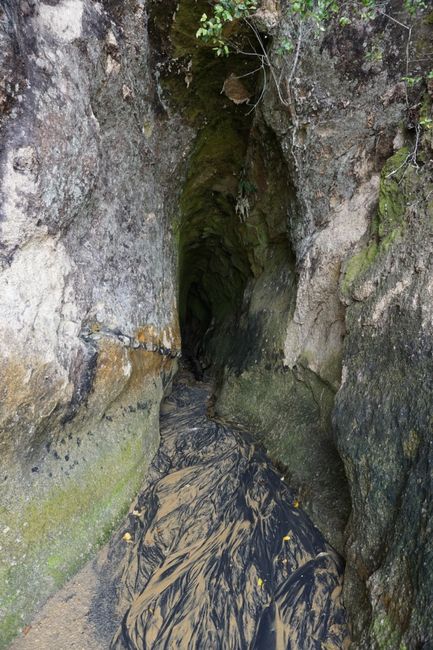
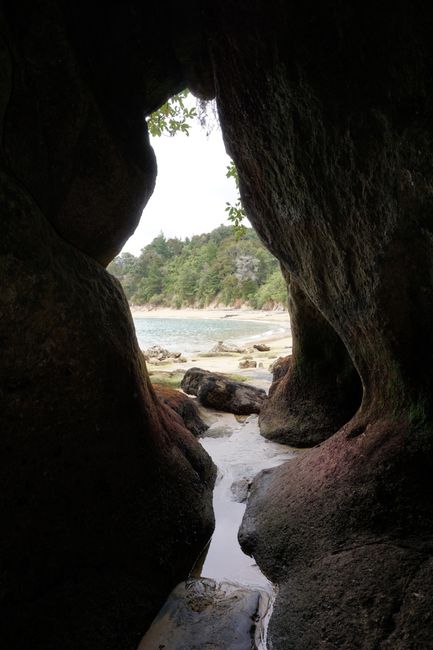
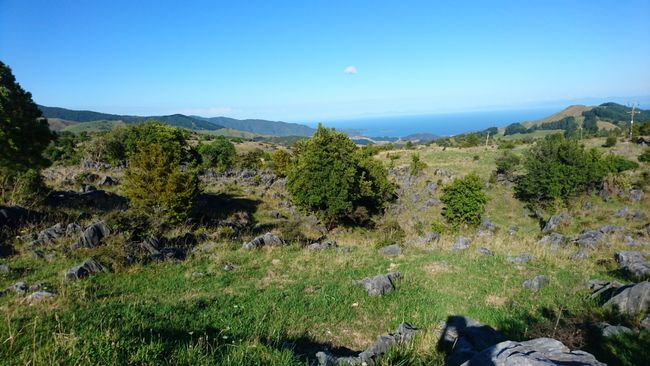
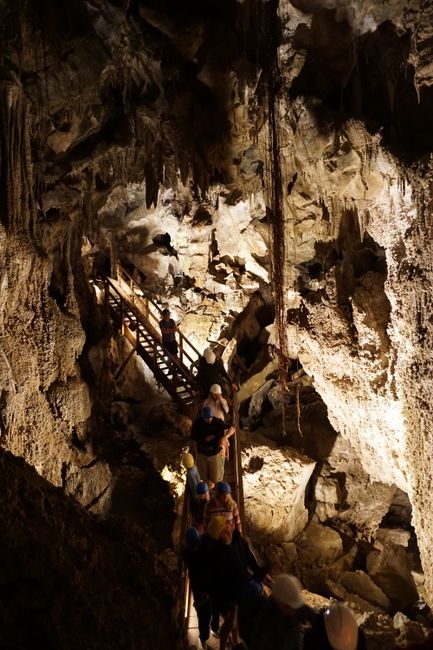
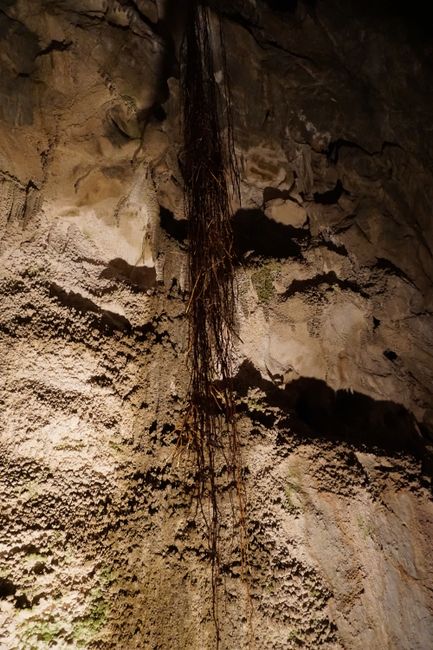
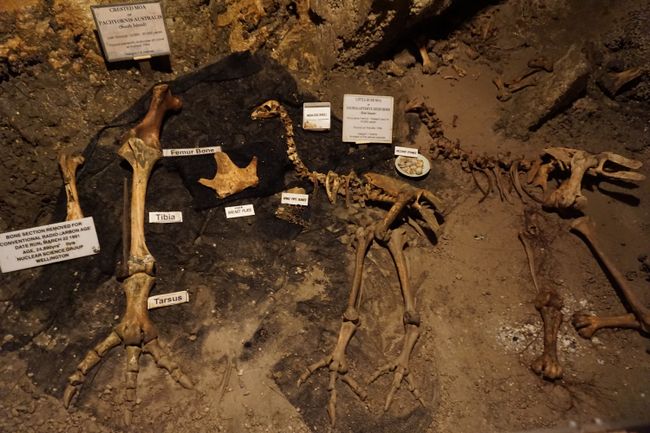
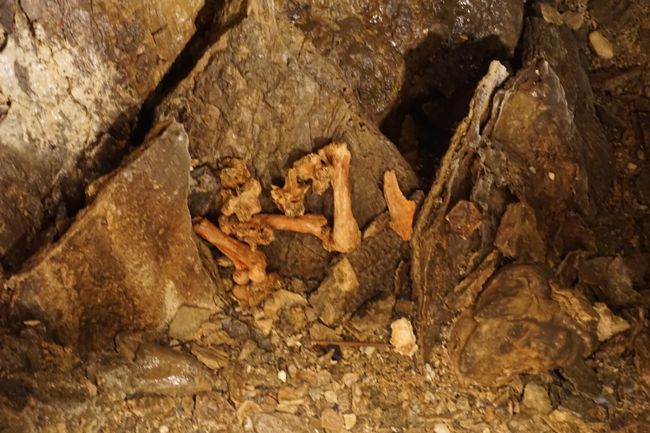
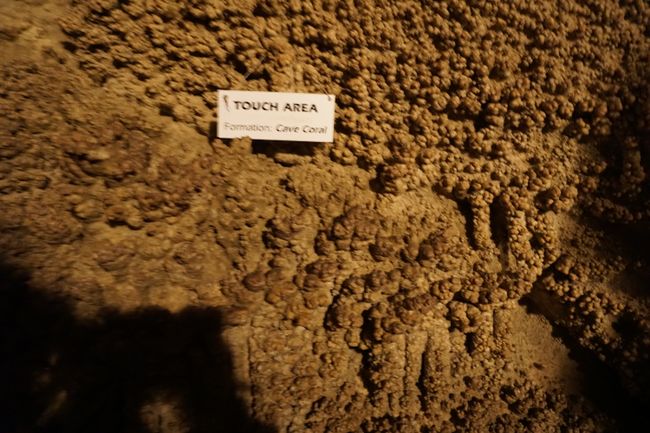
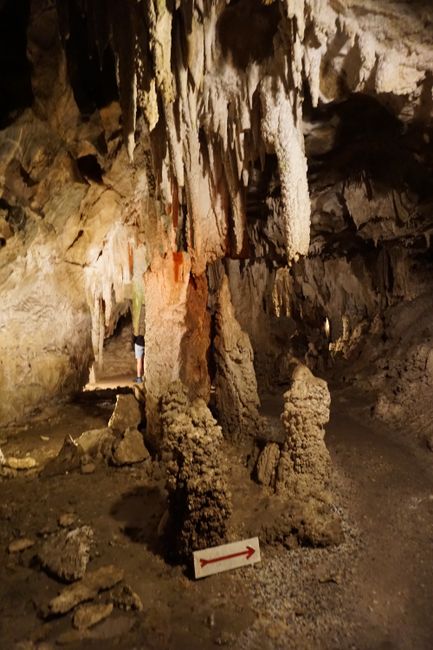
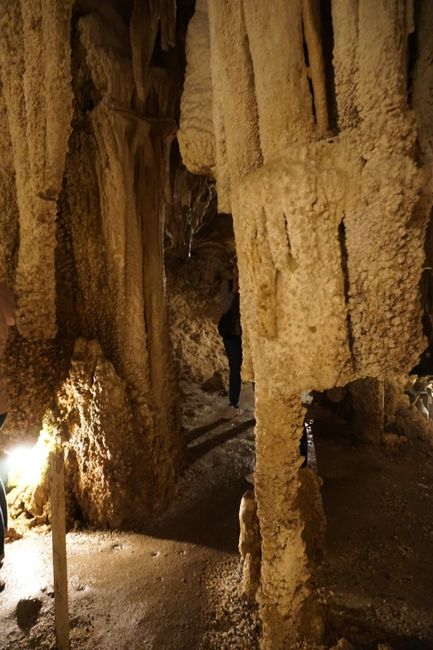
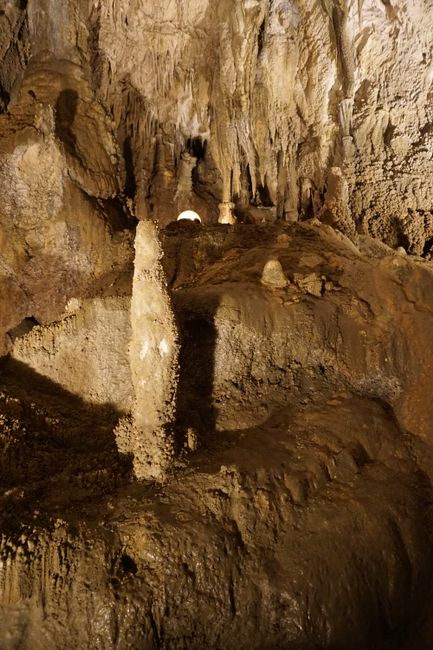
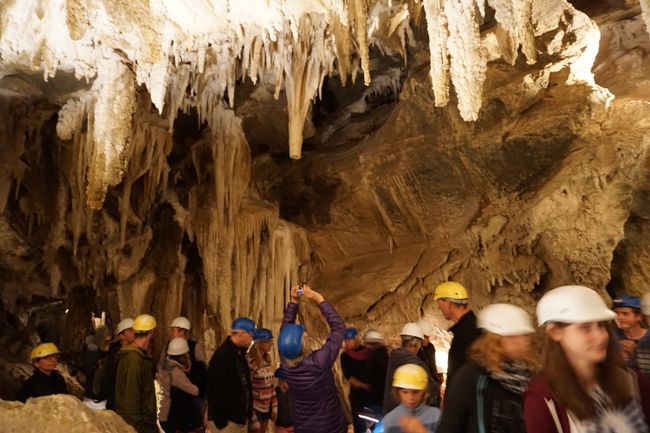
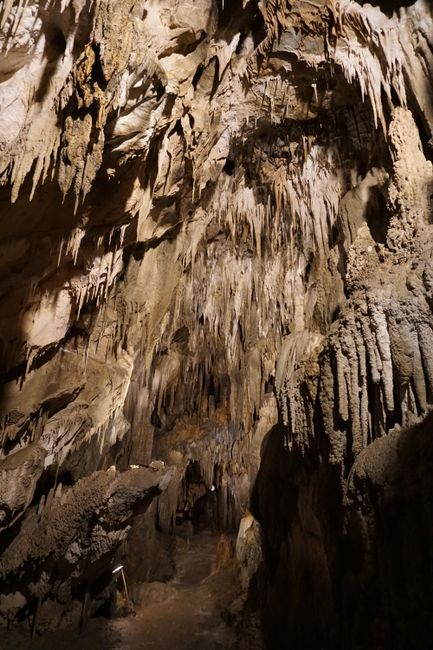
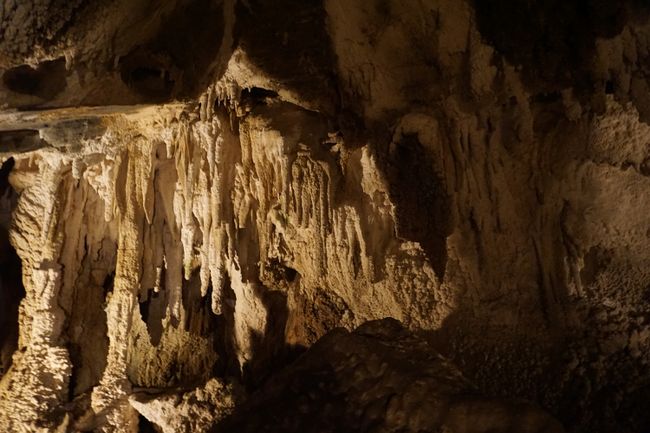
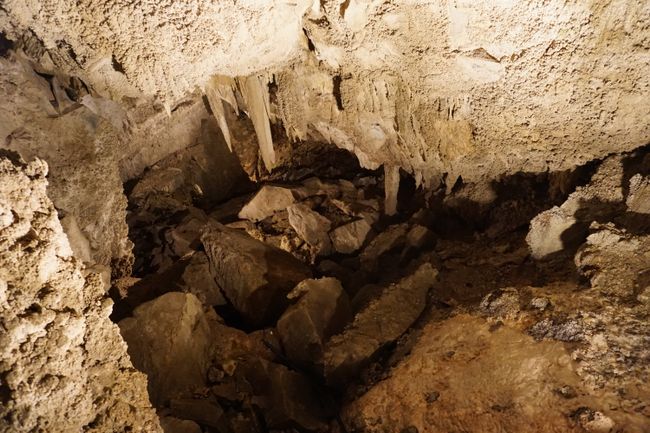
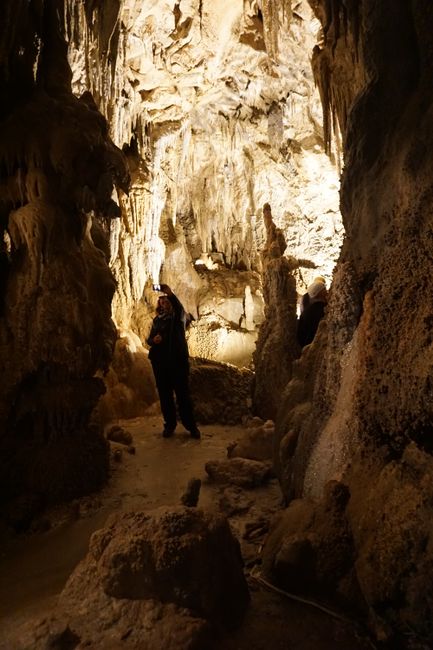
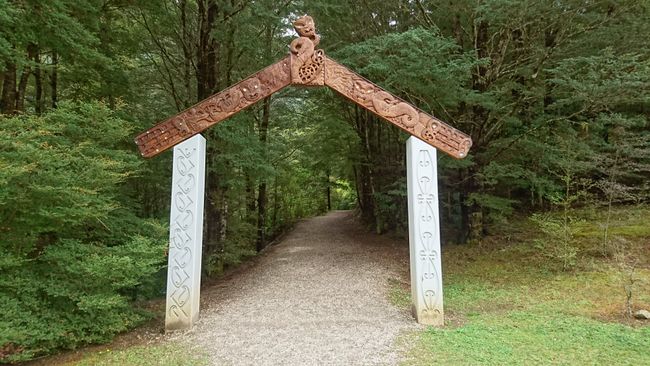
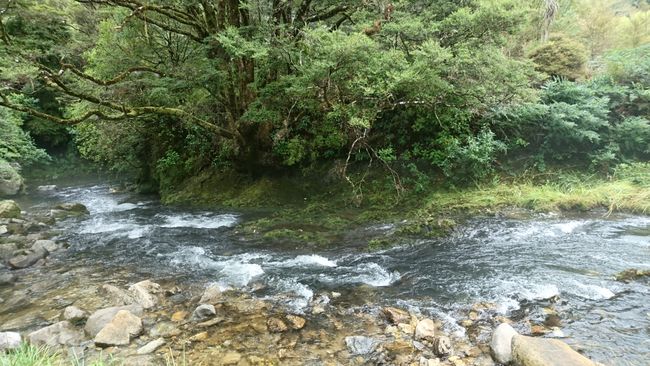
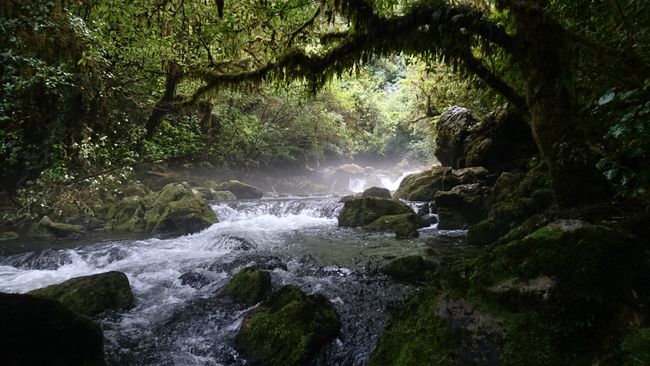
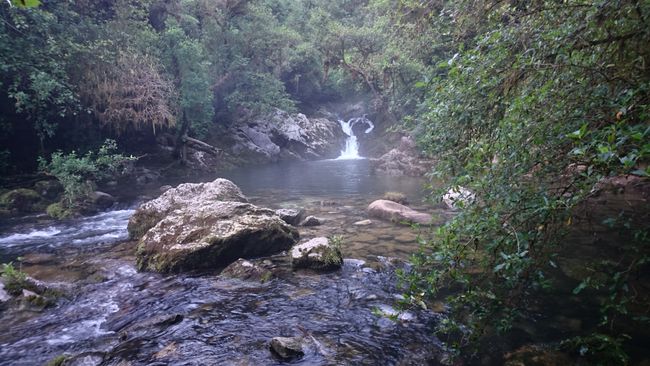
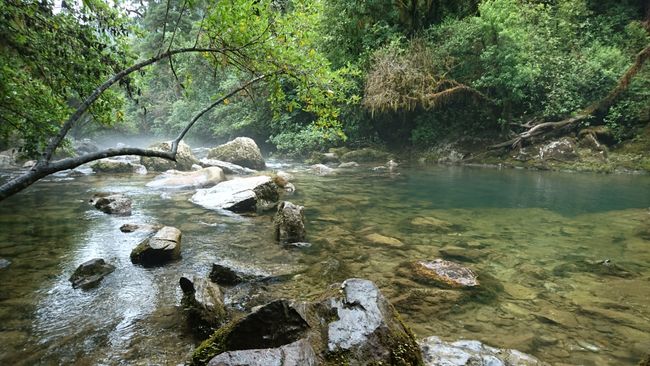
Բաժանորդագրվել տեղեկագրին
Originally, I planned to stay three nights at the hostel in Glenhope, but the weather forecast for the next 5 days is consistently bad and a 5-hour hike without any chance of a view of the lake makes no sense. Therefore, I postpone my hike at Lake Rotoiti near St. Arnaud and hope to make it up elsewhere. But where to go when a rain front seems to have the whole of New Zealand in its grip for the coming week? In Westport and Karamea on the West Coast, in Kaikoura on the East Coast, as well as in Nelson, Takaka, and Wharariki Beach in the north - no matter which place I enter, the weather forecast is the same everywhere. And we're not just talking about 1-2 days of rain, but a long-term forecast. But at some point, I have to move on, and because I have a few shorter hikes planned in Takaka that don't necessarily require good weather, I choose the legendary Golden Bay.
Upon my arrival at Abel Tasman National Park, the weather is initially better than forecasted. Sure, there is no speck of blue in the sky, and it's oppressively humid, but at least it's not raining.
Although not on my route, I first head to Split Apple Rock in Kaiteriteri, which is accessible via a narrow, winding, but at least paved road. A 15-minute walk through the forest leads down to the beach, accompanied by the deafening chirping of what feels like (or rather, sounds like) thousands of cicadas. The Split Apple Rock is a round rock split in the middle, which, hence its name, resembles an apple. Due to the high temperatures, you can see a few water rats despite the mediocre weather.
At the beginning of Takaka Hills, where the highway winds up, a 7 km long (surprisingly paved again) road branches off to Riwaka Resurgence. The river, along which a short walk leads, is incredibly clear, but not cobalt blue as shown in the internet photos, or maybe I have a different understanding of cobalt blue. Well, despite that, the little secret side trip was beautiful.
From here, Cory and I climb Takaka Hill, which on a sunny day surely tempts many to make one or more stops at the fortunately numerous lay-bys. Maybe I'll have better luck on the way back.
The guided tour through Ngarua Cave is still marked with a question mark, as I have already been to quite a few caves. However, the weather doesn't matter in the cave, and the tour costs only 20 NZD, instead of the 135 NZD I paid last time (in Charleston). So I decide to spontaneously join and can participate in the 45-minute tour 15 minutes later. So I quickly put on long clothes (because it's only 11°C underground), grab my camera, put on a helmet, and off we go. The cave is dry and well-lit. We walk in single file along hanging roots and stalactites, past cave corals and even skeletons of kiwis and moas. Moas, flightless birds that resemble emus, once populated the entire New Zealand until they were eradicated by the Maori. From time to time, a moa would fall into the cave through a hidden hole on the surface (usually also injured from the fall) and starve to death down here. Finally, we climb back up towards daylight via an embedded ladder and learn in passing that parts of 'The Hobbit' were filmed here. Next time I watch the movie, I have to pay close attention.
Without further ado, I continue to Takaka, a stronghold for dropouts and hippies. I share my room with a very nice girl from Germany, with whom I spontaneously take a stroll through Takaka's main street. The stroll doesn't take long, as Takaka is small, but somehow cute. However, I still need to get used to the omnipresent hippie flair.
Բաժանորդագրվել տեղեկագրին
Պատասխանել

Ճանապարհորդական հաշվետվություններ Նոր Զելանդիա

